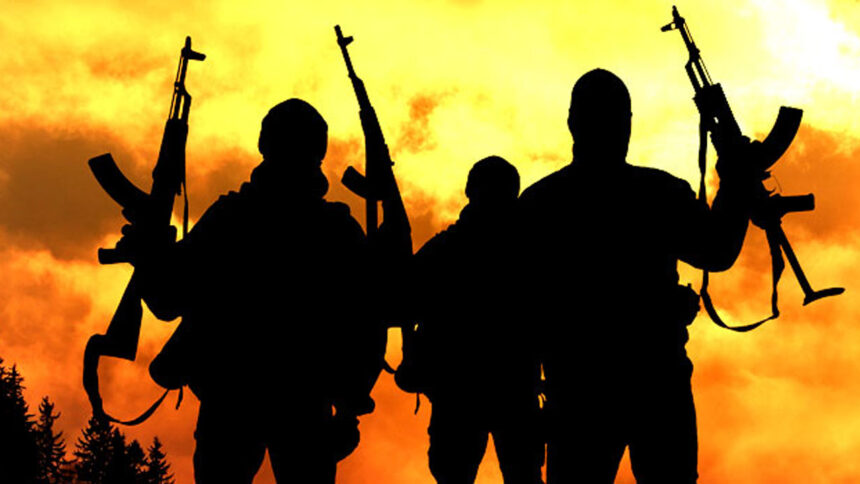- ISWAP tracked Brig-Gen Uba’s movement before launching a deadly ambush.
- The commander was attacked with IEDs and heavy gunfire in Borno State.
- The killing exposes ISWAP’s growing surveillance and targeting capabilities.
- Military sources confirm the loss as investigations into the ambush continue.
The Nigerian Army has been thrown into mourning following the death of Brigadier-General Uba, who was killed in a carefully planned ambush by Islamic State West Africa Province (ISWAP) fighters in Borno State.
Military insiders revealed that the terrorists had closely monitored the commander’s movements before striking along a remote stretch in the northern part of the state. The attackers reportedly deployed improvised explosive devices and unleashed heavy gunfire, overwhelming the security team assigned to the senior officer.
ATTENTION: Click “HERE” to join our WhatsApp group and receive News updates directly on your WhatsApp!
READ ALSO: Gunmen Abduct Kebbi Schoolgirls, Kill Staff Member in Dawn Attack
Brig-Gen Uba, widely respected for his leadership in major counterterrorism operations, was said to be on an important mission when the convoy came under sudden fire. Despite attempts by accompanying troops to push back the assault, the commander sustained fatal injuries.
Security experts say the operation reflects a dangerous upgrade in ISWAP’s tactics, especially their ability to track and target high-ranking military officers. Sources believe the ambush was not spontaneous but the result of days of surveillance, backed by local informants familiar with the commander’s movement pattern.
READ ALSO: Delta APC Acting Chairman Shot Dead in Targeted Attack
Although the Nigerian Army has not released a detailed official statement, senior military officials have confirmed the incident and described the fallen commander as a dedicated officer who played a crucial role in ongoing operations across the Northeast.
His death has triggered fresh calls for stronger intelligence-sharing, improved protection for frontline commanders, and intensified strikes on ISWAP cells operating across the region. More information is expected as the military completes its preliminary review of the ambush.

